Some writers detest the research part of their work. I love it. Facts fascinate me, and when there is something I don’t know, I enjoy digging up tidbits of information to help answer the various questions I have about a topic. Here are some of my research tips in a nutshell:
Basically, when I start any research project, I try to imagine all the synonyms and other common links to my topic. Do you remember the old card system at the library? The cards always had additional categories on them. I kind of think like that. For example, if I want to write about clouds, I think about weather, science, atmospheric conditions, rain, U.S. Weather Service, etc.
Next, I jump onto Amazon.com and look up “clouds” in Advanced Search, narrowing it down to non-fiction books. I sometimes will search for books in the other categories at this time, too. I write down the books that look interesting and authoritative. If I’m working on a children’s book, I may want to look at some kids books on the topic to see how the author covered the information.
Then, I will go to my library’s website to see if some of these books are available to check out. I will also look on Worldcat.org, which tells me what library that book is located in the U.S. If the books are unavailable or too far away, I may purchase them on e-bay or Amazon‘s used book section. Alibris.com sometimes has good deals, too.
I will next start looking up the topic online. I try to stay away from Wikipedia since some publishers don’t consider them a reliable source. Here is where the other categories help. If I put “clouds” in my search window, I will get tons of hits on everything that mentions clouds, not specifically about the study of clouds. I can put in the “U.S. Weather Service” or “meteorology” and get much better results. Try to find universities that teach this subject, too. You might be able to find papers that a professor wrote on clouds.
Look at the links mentioned on the websites you visit. You might find one of particular interest that will help you. Don’t forget to check the bibliographies on your books, too. They might have some great sources as well.
Magazines are good sources, too. Libraries have the Reader’s Guide to Periodic Literature that lists the topics covered by magazines for certain years. Your library may not have the magazine, but you can note the publisher and issue date and number, and try to find the article online.
If you were researching a historical subject like the Louisiana Purchase, you can check the Library of Congress (loc.gov). Look in the “Researchers” section and you will find Digital Collections, etc. that you can peruse. You can also find listings of books and maps and other documents.
The next part is to accumulate all this data and start reading! Researching a subject can be an exciting journey if you let it. I hope you learn to enjoy it as much as I do!
Filed under: 5584 |


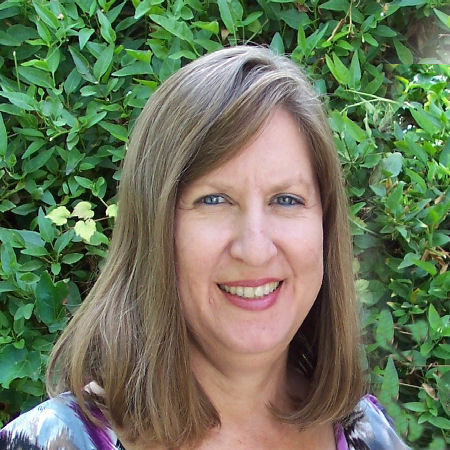

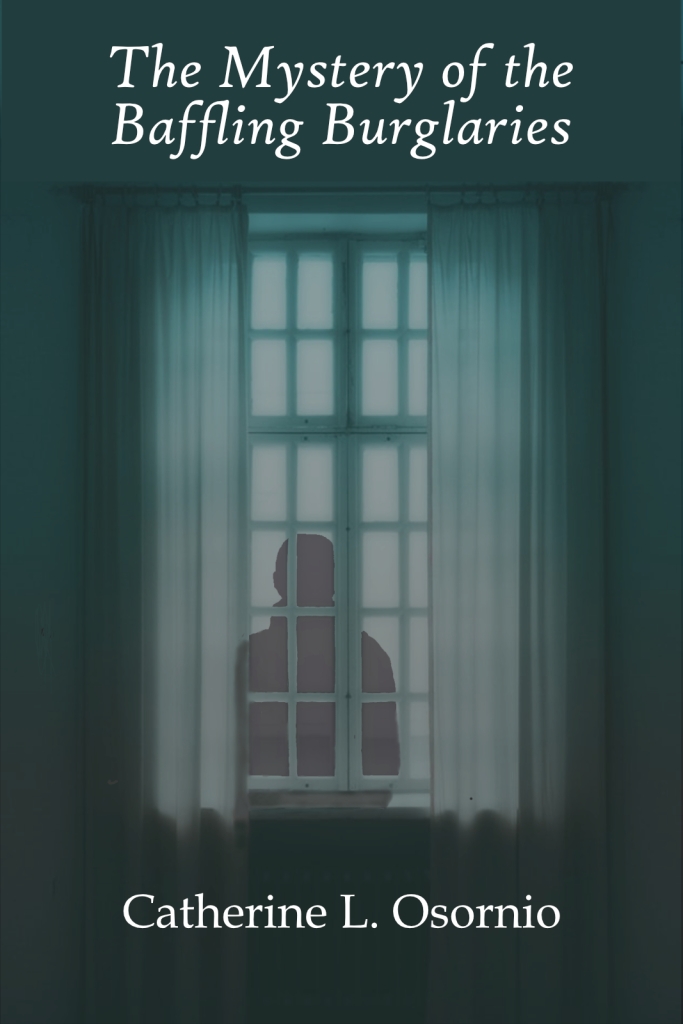
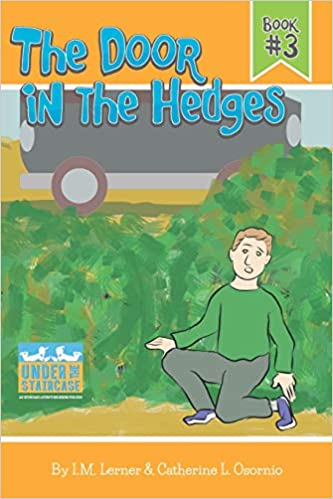
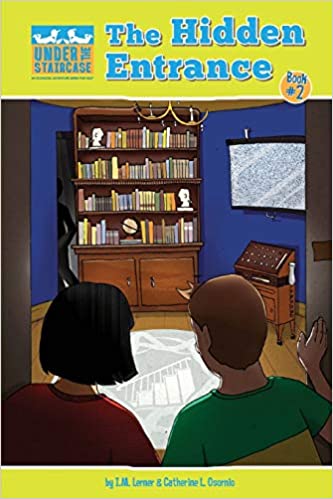
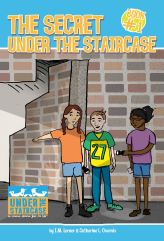


Thanks for the mention, Catherine. You can see visual materials (historical photographs, etc.) on WorldCat.org, too. Just use the limiter ‘cntnt’ on your search!
Catherine and Alice,
I was not aware of some of this research info. Thanks for sharing!
Gloria
I’d never heard of WorldCat.org, so I’ve been having fun with it ever since I read your post!
-Nancy
Wow! This is wonderful information. Thanks, Catherine1
Sherri